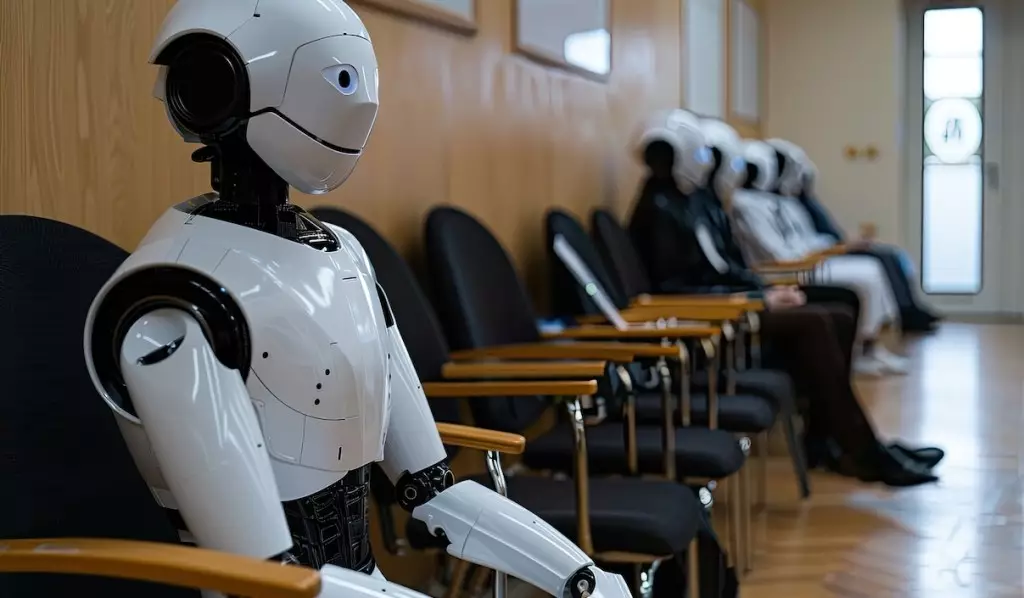In the current socio-economic climate, personal finance concerns are at the forefront of many Americans’ minds. A striking 45% express anxiety regarding their financial health, significantly influenced by the uncertainty surrounding their financial futures. Worrying statistics reveal that 68% fear they won’t have enough savings to retire comfortably, while 56% are anxious about the rising cost of living and 45% grapple with managing their debt levels. The Retirement Readiness Report highlights an overarching concern among workers in the United States, as 62% experience varying degrees of financial anxiety.
These financial worries often manifest in several key areas, with inflation and the rising cost of living being the most pressing issues for 62% of respondents. Credit card debt, rising housing costs, and medical expenses are also prevalent concerns, experienced by 34%, 31%, and 25% of individuals, respectively. Alarmingly, only 20% of respondents felt “very financially stable,” illustrating a significant gap between financial aspirations and realities. This financial unease is further exacerbated for many by fears of job loss and instability in the labor market.
The Pew Research Center discovered that only 30% of workers are highly satisfied with their compensation, indicating a growing discontent that drives many to seek better opportunities. Recent surveys have corroborated this sentiment, finding that 56% of Americans plan to explore new job prospects in 2025, with 27% of those actively participating in the job market search already. According to Gallup, 51% of employees are in a state of vigilance regarding job opportunities, signaling a turbulent workforce landscape that showcases an eagerness for change.
Software engineers, in particular, have benefited from a labor market skewed heavily in their favor, with an escalating demand for tech talent. A report by CBRE underscores that tech industry wages are 17% higher than the national average, and even amid layoffs, the salaries of software developers in tech firms have seen a notable year-on-year increase of 12%. However, this booming sector means heightened competition among professionals vying for the most sought-after positions.
With competition intensifying, software developers must differentiate themselves to stand out in the job market. This is where artificial intelligence (AI) becomes a pivotal asset. A study by BairesDev indicates that 72% of software engineers now use generative AI in their workflow, and 48% engage with it daily. Nonetheless, it’s concerning that 40% still feel overwhelmed and argue that AI has not significantly liberated them to focus on other critical tasks.
One of those essential tasks looming over many developers is the job hunt itself. AI tools offer significant advantages for busy professionals, smoothing out the cumbersome process of finding suitable job roles. For instance, resume-building applications can assist candidates in creating tailored resumes that effectively highlight their skills, increasing their chances of slipping through applicant tracking systems (ATS). Generative AI also facilitates the crafting of personalized cover letters and provides feedback on resumes and cover letters to enhance professionalism and clarity.
Moreover, AI can streamline interview preparation by generating tailored questions based on specific roles, assuring candidates are better equipped for upcoming interviews. Tools like AI Blaze can automate the job application process, saving precious time and effort by allowing developers to submit applications with greater efficiency.
One of the most innovative ways AI is revolutionizing the job search is through specialized job-matching platforms. These tools not only help individuals identify roles that accurately align with their skills and preferences but also simplify the overall search process. For example, Robin from Amply serves as a conversational AI agent on initiatives like the VentureBeat Job Board. By engaging with users about their expertise and career aspirations, it effectively curates job matches, allowing job seekers to bypass the tiresome and often overwhelming endless scrolling associated with job searching.
The benefits of such AI technology extend beyond mere job listings; they empower job seekers to inquire discreetly about aspects they may find uncomfortable discussing with a hiring manager, such as salary ranges and company benefits. As AI continues to develop and integrate into recruitment processes, leading organizations—including Microsoft—have begun to unveil AI agents capable of enhancing the user experience in career platforms.
As American workers navigate an increasingly challenging financial landscape, the dual pressures of economic concerns and job market instability are leading many to seek new opportunities. Leveraging modern technology, particularly AI, can provide solutions for anxious job seekers by streamlining tasks and enhancing job search efficiencies. For those looking to transform their professional lives in this competitive environment, embracing AI-driven tools may be the key to not only surviving but thriving.


Leave a Reply